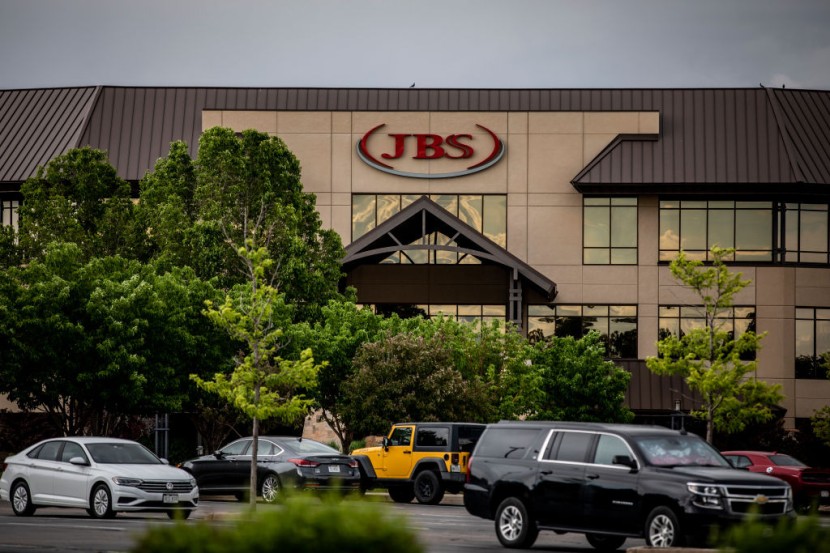
Cybercriminals are increasing the frequency of their attacks on Americans, affecting gas prices, meat supply, and vaccination efforts, and straining the United States' economy even further.
Recently, hackers have begun to target local industries critical to Americans' daily lives. A cyberattack this week forced JBS, the largest meat processing company in the world, to shut down its U.S. plants.
The attack on JBS came not three weeks after the country's largest fuel pipeline, Colonial Pipeline, became the victim of a similar cybercrime. The incident caused gas prices to spike and supply to dwindle.
In recent years, cybercriminals have doubled down on their ransomware attacks, causing billions of dollars in damage. The hackers targeted the computer networks of drugmakers, hospitals, police departments, schools, and shipyards that have poor security, Politico vis MSN reported.
Effect of Ransomware Attacks
The effects of these ransomware attacks pose a difficulty in the economic recovery pushed by United States President Joe Biden. Additionally, those who monitor the trend of cybercrimes do not expect the frequency to decrease while they can still extort money from their victims.
"While the U.S. is showing signs of recovery from the pandemic, cybercriminals are still finding new opportunities to cash in. From gasoline to the food supply, along with feared inflation, it's, unfortunately, a perfect storm that benefits the attackers," Barracuda Networks' Chief Technology Officer Fleming Shi said.
As of Wednesday, the White House did not reveal its plans on how to deal with the alleged Russian cybercriminal group responsible for the attack on JBS. However, press secretary Jen Psaki said Biden planned to meet with Russian President Vladimir Putin later this month to discuss the incidents.
According to Reuters, JBS said on Tuesday it was able to make "significant progress in resolving the cyberattack." Officials said the operations on the vast majority of beef, pork, poultry, and prepared food plants would continue. The announcement alleviates worries that food prices could see a spike.
Fighting Against the Cyber Threat
JBS USA Chief Executive, Andre Nogueira, said the company's systems are starting to come back online. The company also said it would allocate all available resources to fighting the threat.
White House Spokeswoman Karine Jean-Pierre said the U.S. government is working closely with the Russian administration to ensure they are not harboring cybercriminals.
Antivirus firm Emsisoft threat analyst Brett Callow said ransomware is a serious risk to national and food security as well as health care provisions. He said the threat should be a priority worldwide.
For years, ransomware attacks have been a threat to critical infrastructure. This threat has become much more apparent since the beginning of the coronavirus pandemic. The U.S. government recently joined a public-private task force to try and address the problem, Wired reported.
Researchers and incident responders say tangible solutions are necessary to fight against cybercriminals. However, they said the most effective way of completely shutting down ransomware attacks is stopping payment demands but it is extremely difficult to do.








